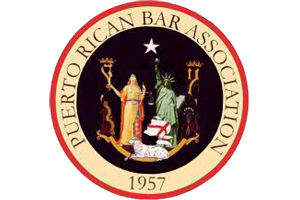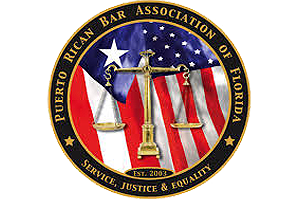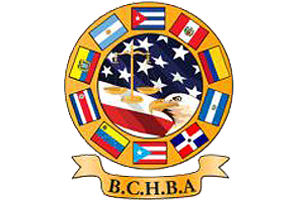Notary law in Puerto Rico
Documents that need to be Notarized under Puerto Rico notary law by a Puerto Rico notary lawyer are:
- Deeds Transferring Property:
- Puerto Rican Open Wills:
- Affidavits and Sworn Statements:
- Professional Certifications and Records:
In Puerto Rico all deeds and sworn documents must be notarized. The notarization process is very different than in the continental United States. In a lot of states becoming a notary is very easy and the requirements are very simple, such as being able to read and being over the age of 18. But in Puerto Rico, only Puerto Rico lawyers can be notary publics. To become a notary attorney or notary lawyer you must first pass the Puerto Rico bar exam and then pass a separate test to be admitted as a notary lawyer. Afterwards the notary pubic needs to request his or her license and be assigned a notary book.
Being a notary lawyer requires you to be physically in Puerto Rico the majority of your time and if you have to travel you have to give the book to another notary for safekeeping while you are away. Not every lawyer can be a notary lawyer. In our office we have 3 notary lawyers that assist our clients with everything from property closings, (selling or buying a home in Puerto Rico) to contracts, affidavits and sworn statements. Once drafted those properly notarized documents are brought to a special notary registry where copies and records are kept. So in the situation where a notary public dies, any interested party can request a copy of that document. This is particularly important when it comes to Last Wills and Testaments. A lot of times part of the problem with probating an estate is finding the will. In Puerto Rico, interested parties can request a will from this registry and avoid a lot of the stress involved in searching for a will. In many cases, a Puerto Rico probate lawyer will need to request a certification from this registry, that a will does or does not exist, prior to commencing probate in Puerto Rico.
Deeds in Puerto Rico
At our law firm we get a lot of calls regarding deeds. There is a lot of confusion regarding Puerto Rico deeds. In Puerto Rico, the only documents that can transfer a property to someone else (selling, gifting or donating, exchanging, etc.) are notarized deeds or public documents. The Registry of Property, the agency in Puerto Rico that handles property records, will only admit Puerto Rico notarized documents to transfer property from one party to another. These deeds need to be drafted by a Puerto Rico Notary Public. At the very least, the document must be incorporated in a notary book and given validity under Puerto Rico law.
To sell a property, house, apartment or lot, a notary public will draft the documents, register them in their book, and pay the fees associated with every notarized document. All notarized documents need a government fee. That fee is collected by the notary public in the form of a government stamp. The Puerto Rico notary has to buy the stamp and then place it on the notarized document for it to be official. The process tends to be a lot more expensive than in the United States, because all the formalities that are involved with the process.
When someone drafts a document outside of Puerto Rico, a notary public has to prepare and validate that document under Puerto Rico law. That is what’s called “Protocolizar”, which means to bringing it within the notary law and register it in a notary book. Documents that transfer property have to comply with the law in Puerto Rico. This means that “quit claim deeds” or other “deeds” that transfer property in another state are not valid in Puerto Rico. This is a common misconception when dealing with Puerto Rico Real Estate law. We have represented many professional companies, lawyers and public accountants and the first question they have is, “I have a quit claim deed and I need to register it in Puerto Rico.” It is our job to inform them that they have to go through the whole process of drafting the document again. This time the document has to be drafted under Puerto Rico Real Estate Law, and then it has to be executed by a notary public on the island. There are some limited exceptions but the general rule is that the signatures that authorize a transfer of property need to be taken on Puerto Rico soil. This complicates matters quite a bit and has prompted many signings on the “road” such as the air port or in hotel lobbies. But the fact of the matter remains that if someone wants to sell, or transfer a property that is located in Puerto Rico, they have to go through a notary public to do so.
Call our Puerto Rico notary lawyers today for a consultation.






